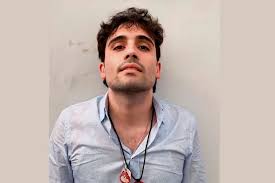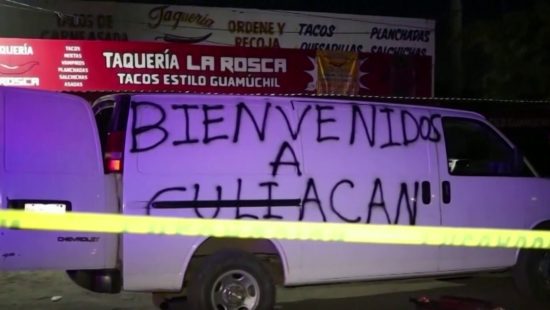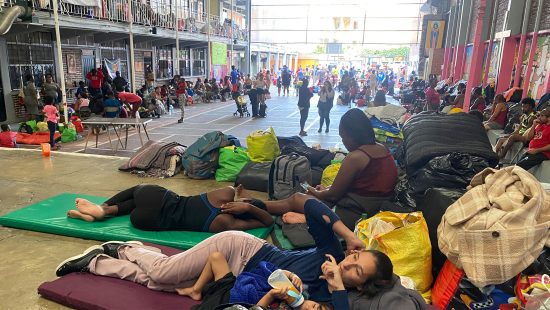“You have arrived in hell.”
That’s what the director of El Salvador’s Terrorism Confinement Center (CECOT) told 26-year-old Gonzalo Y., one of the 252 Venezuelans deported by US President Donald Trump to the infamous prison in March and April, according to a report released Wednesday.
The report was compiled by US-based Human Rights Watch (HRW) and Cristosal, a regional group that fled El Salvador in July, citing harassment and legal threats from President Nayib Bukele’s government. They used the CECOT director’s comment to Gonzalo as a title.
“When we arrived at the entrance of CECOT, guards made us kneel so they could shave our heads… One of the officers hit me on the legs with a baton, and I fell to the ground on my knees,” Gonzalo said. “The guards beat me many times, in the hallways of the prison module and in the punishment cell… They beat us almost every day.”Gonzalo is among 40 detainees interviewed for the report.
The groups also spoke with 150 individuals with credible knowledge of the conditions, such as lawyers and relatives; consulted international forensic experts; and reviewed “a wide range” of materials, including criminal records, judicial documents in El Salvador and the United States, and photographs of injuries.
While the US and Salvadoran governments claimed that most of the migrants sent to CECOT were part of the Venezuelan gang Tren de Aragua, HRW and Cristosal found that “many of them had not been convicted of any crimes by federal or state authorities in the United States, nor in Venezuela or other Latin America countries where they had lived.”
Up until they were sent to Venezuela as part of a prisoner exchange on July 18, the report states, “the people held in CECOT were subjected to inhumane prison conditions, including prolonged incommunicado detention, inadequate food, denial of basic hygiene and sanitation, limited access to healthcare and medicine, and lack of recreational or educational activities, in violation of several provisions of the United Nations Standard Minimum Rules for the Treatment of Prisoners, also known as the ‘Mandela Rules.’”
“We also documented that detainees were subjected to constant beatings and other forms of ill-treatment, including some cases of sexual violence,” the publication continues. “Many of these abuses constitute torture under international human rights law.”In a Wednesday statement, Cristosal executive director Noah Bullock drew a comparison to the early stages of the George W. Bush administration’s invasion of Iraq.
“The US government has not been linked to acts of systematic torture on this scale since Abu Ghraib and the network of clandestine prisons during the War on Terror,” he said. “Disappearing people into the hands of a government that tortures them runs against the very principles that historically made the United States a nation of laws.”
Although many migrants have been freed from El Salvador’s CECOT, “they continue to suffer lasting physical injuries and psychological trauma,” the report notes. They also face risks in Venezuela, which “suffers a humanitarian crisis and systematic human rights violations carried out by the administration of Nicolás Maduro.”
“Their repatriation to Venezuela violates the principle of nonrefoulement,” the document explains. “Additionally, in some cases, members of the Venezuelan intelligence services have appeared at the homes of people who were held in CECOT and forced them to record videos regarding their treatment in the United States.”








